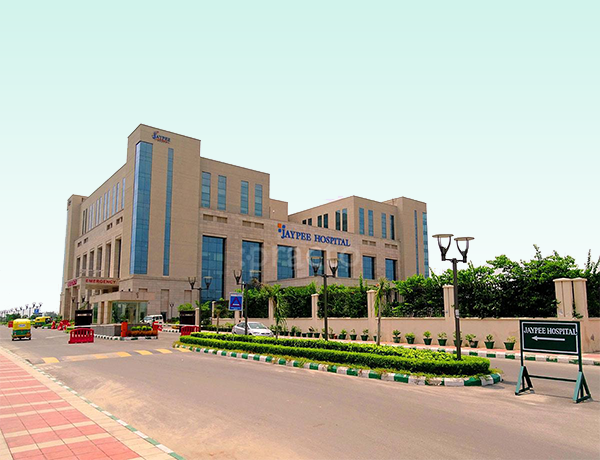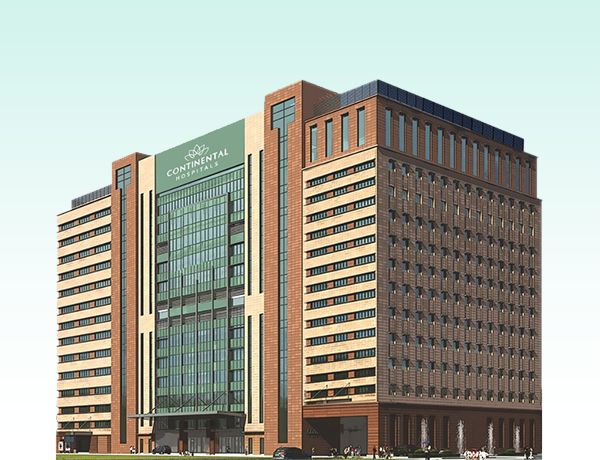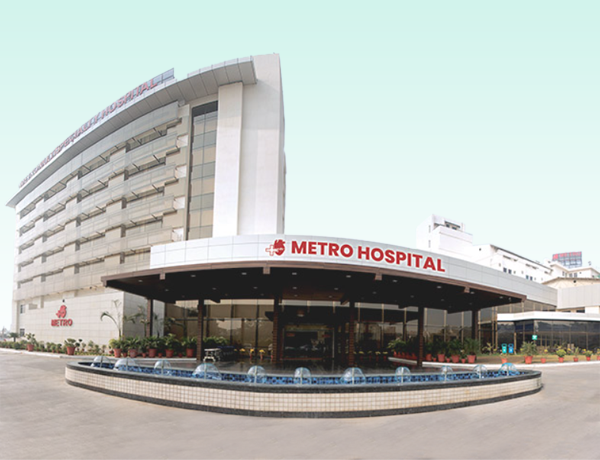Amyloidosis
Amyloidosis is when an abnormal protein called amyloid builds up in your tissues and organs. When it does, it affects their shape and how they work. Amyloidosis is a serious health problem that can lead to life-threatening organ failure.

Symptoms of Amyloidosis
Symptoms of amyloidosis are often subtle. They can also vary greatly depending on where the amyloid protein is collecting in the body. It is important to note that the symptoms described below may be due to a variety of health problems. Only your doctor can make a diagnosis of amyloidosis.
General symptoms of amyloidosis may include:
- Changes in skin color
- Severe fatigue
- Feeling of fullness
- Joint pain
- Low red blood cell count (anemia)
- Shortness of breath
- Swelling of the tongue
- Tingling and numbness in legs and feet
- Weak hand grip
- Severe weakness
- Sudden weight loss
Who Needs Amyloidosis Treatment
Amyloidosis treatment is necessary for individuals who have been diagnosed with amyloidosis and are experiencing symptoms or organ dysfunction. The need for treatment depends on the type of amyloidosis, the organs involved, and the severity of the disease. A healthcare professional, typically a specialist in hematology, nephrology, or cardiology, will assess the individual’s condition and recommend appropriate treatment options.
When to See a Specialist
It is important to see a specialist if you experience symptoms such as unexplained weight loss, fatigue, shortness of breath, edema (swelling), changes in skin texture, or signs of organ dysfunction. Additionally, if you have a family history of amyloidosis or have been diagnosed with a condition that puts you at risk for developing amyloidosis, it is recommended to consult a specialist for evaluation and appropriate management.
Procedure
The specific procedures involved in the diagnosis and treatment of amyloidosis can vary depending on the type and extent of organ involvement. However, some common steps in the management of amyloidosis may include:
- Medical history evaluation: The healthcare professional will review your medical history, symptoms, and any relevant family history.
- Physical examination: A comprehensive physical examination will be conducted to assess the signs and symptoms of amyloidosis and potential organ involvement.
- Diagnostic tests: Various diagnostic tests may be performed, including blood tests, urine tests, imaging studies (such as echocardiogram, CT scan, or MRI), and biopsy of affected tissues for confirmation and typing of amyloid deposits.
- Treatment planning: Based on the type and stage of amyloidosis, as well as the extent of organ involvement, the healthcare team will develop a personalized treatment plan that may include medications, chemotherapy, stem cell transplantation, supportive care, or organ-specific interventions.
Road to Recovery
The road to recovery from amyloidosis depends on the type, stage, and treatment response of the disease. Treatment aims to stabilize or reduce the abnormal protein deposits, prevent further organ damage, and improve quality of life. The recovery process may involve ongoing monitoring, regular follow-up appointments, and adjustments to the treatment plan as needed. Supportive care, including managing symptoms and addressing organ-specific complications, is an essential component of the recovery journey.
Risk Management
Risk management in amyloidosis involves monitoring the progression of the disease, managing associated complications, and minimizing organ damage. This may include medications to reduce the production of abnormal proteins, control symptoms, and treat underlying conditions. Lifestyle modifications such as maintaining a healthy diet, managing blood pressure and cholesterol levels, and avoiding substances that may worsen organ damage (such as alcohol or certain medications) can also play a role in risk management.
Benefits of Amyloidosis Treatment
The benefits of amyloidosis treatment vary depending on the type, stage, and individual circumstances. Treatment aims to improve symptoms, slow down the progression of the disease, preserve organ function, and enhance quality of life. Successful management of amyloidosis can alleviate symptoms, prevent organ failure, and prolong survival in many cases.
Frequently Asked Questions1.
1. Is amyloidosis a common condition?
Amyloidosis is considered a rare disease, although its prevalence may vary depending on the specific type of amyloidosis. Some types of amyloidosis are more common than others, but overall, it is a relatively uncommon condition.
2. Can amyloidosis be cured?
The curability of amyloidosis depends on the type and stage of the disease. Some forms of amyloidosis can be effectively treated, especially if diagnosed and managed early. However, certain types of amyloidosis may have a more progressive course and can be challenging to cure completely.
3. Can amyloidosis affect multiple organs?
Yes, amyloidosis can affect multiple organs. The specific organs involved depend on the type of amyloidosis. Commonly affected organs include the heart, kidneys, liver, gastrointestinal tract, nerves, and skin.
4. Can amyloidosis be hereditary?
Yes, some types of amyloidosis have a hereditary component. These are known as hereditary or familial amyloidosis. In these cases, the abnormal protein responsible for amyloidosis is genetically passed down through families.
5. Is amyloidosis a life-threatening condition?
Amyloidosis can be a serious and life-threatening condition, especially when it affects vital organs such as the heart or kidneys. The prognosis and life expectancy vary depending on the type, stage, and management of the disease. Early diagnosis and appropriate treatment can significantly improve outcomes and quality of life.
Treatians As The Best Choice
Treatians understand that seeking medical treatment abroad can be a daunting experience for patients and their families. That’s why the company offers end-to-end support to its clients, from the initial consultation to post-treatment care. The company provides personalized treatment plans that are tailored to meet the individual needs of each patient, and its team of dedicated professionals is always on hand to provide guidance and support throughout the entire process. Contact us at +91-7982312582, drop your email [email protected]
- Trauma & intensive care
- Aged Care
- Community Services
- Diagnosis & Investigation
- Medical & Surgical
- Mental Health
- Rehabitation
- Specialised Support Service
Service Recipient Says

Oxmox advised her not to do so, because there were thousands of bad Commas, wild Question Marks and devious.
Kolis Muller NY Citizen
Oxmox advised her not to do so, because there were thousands of bad Commas, wild Question Marks and devious.
Kolis Muller NY Citizen

























Oxmox advised her not to do so, because there were thousands of bad Commas, wild Question Marks and devious.
Kolis Muller NY Citizen